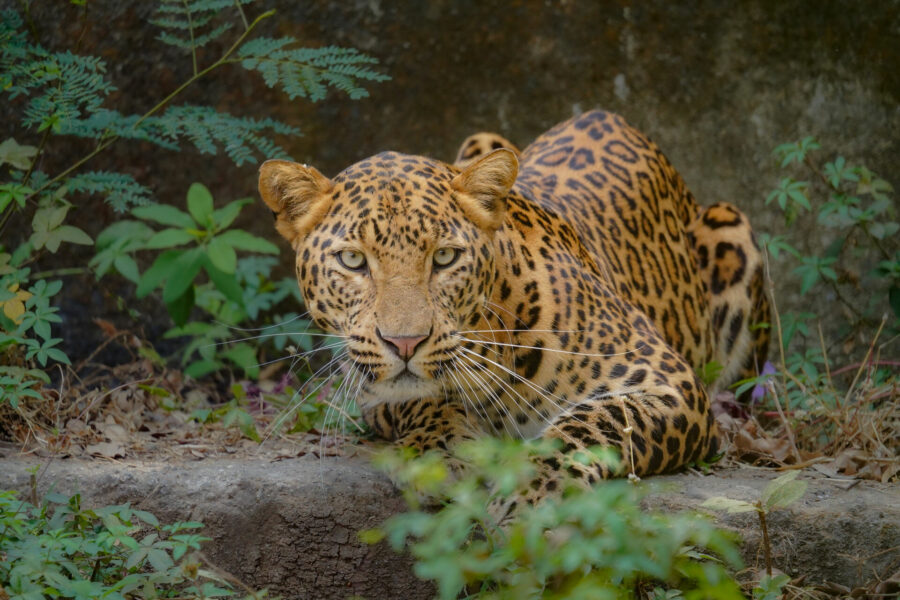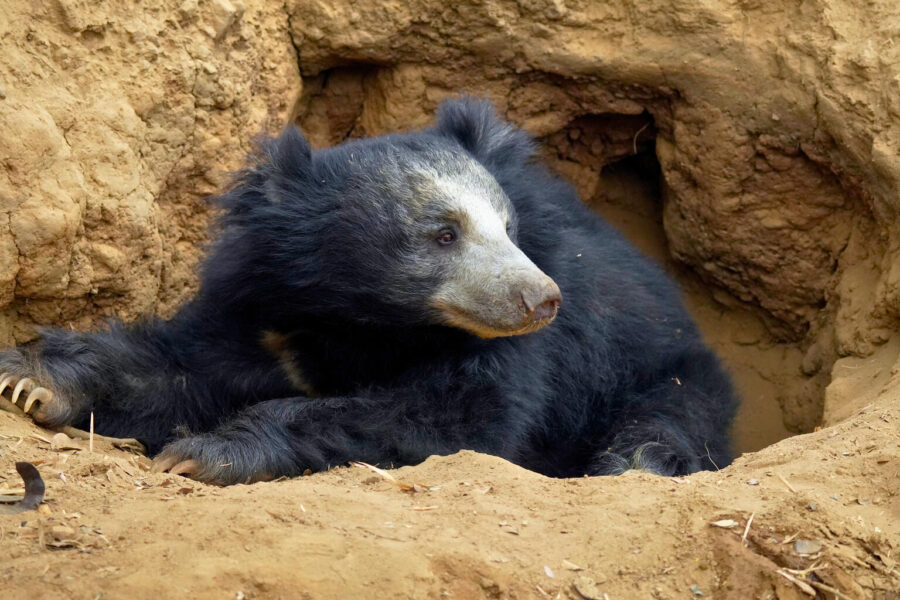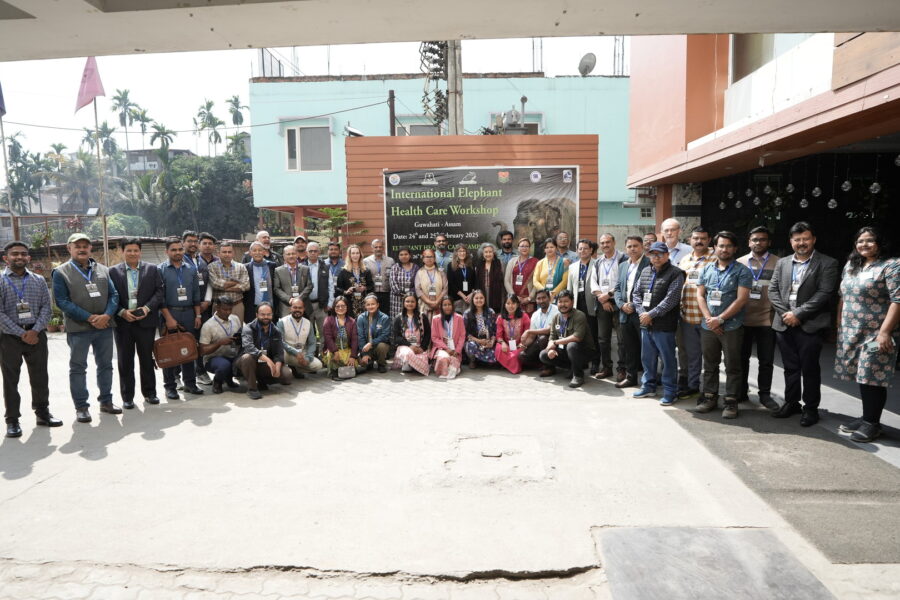Reverred as the National Animal of the country, the tiger is, in every way, majestic and regal as it is endangered. Despite its beauty and its important role in the forest ecology, the tiger finds itself in an increasingly disadvantaged position when it comes to surviving and thriving in the wild.

Each year, the International Tiger Day is celebrated to raise awareness about the declining population of the tigers, all around the world. On this day, conservationists and stalwarts in the field of tiger conservation take the centre stage and reinstate the importance of tigers in the wild and make us understand the imminent threat that these species find themselves in.

Rampant poaching for increased demand for tiger skin, pelts and teeth in the Southeast Asian markets is what has been the primary reason that the tiger population in the wild is affected. Other reasons include a steady increase in situations of man-animal conflict, steady encroachment and fragmentation of habitat as well as the loss of natural prey population. With petting zoos that have sprung up across the globe, the wild tigers are being subjected to a lifetime of captivity and abuse for the purpose of unethical tourism.

International Tiger Day 2020 marks a decade of tiger conservation in the country. In the last 10 years, active reforms have been made on the ground to make sure that the wild tiger population is thriving. India is now home to nearly 3000 tigers now!

To enable future generations to continue to experience the joy of watching tigers in the wild, it is important to take lasting steps now! Engage in ethical wildlife tourism by voicing out against tigers abused in petting zoos, the tigers belong in their natural habitat. Do not purchase or sell any product derived out of tiger skin or any other body part, as it directly increases the demand for poaching of tigers from the wild. You can sign our petition here by asking the Government to ban the wildlife trade for the use of medicines.

While the story of tiger conservation in India is counted as an undisputed success, the battle for safeguarding this magnificent species is far from over. From the threats the big cats face to what we can do to ensure that future generations can continue to witness their grandeur, here is what you should know about the Tiger and pledge your allegiance to conservation and being an ethical tourist!
Wildlife SOS’ anti-poaching squad Forest Watch assists enforcement agencies like the Forest Department, WCCB, CBI etc by gathering and relaying valuable intelligence pertaining to wildlife trafficking and crimes. In the past, the organisation has assisted enforcement authorities in the seizure of tiger skins and body parts and was instrumental in nabbing tiger poachers.





